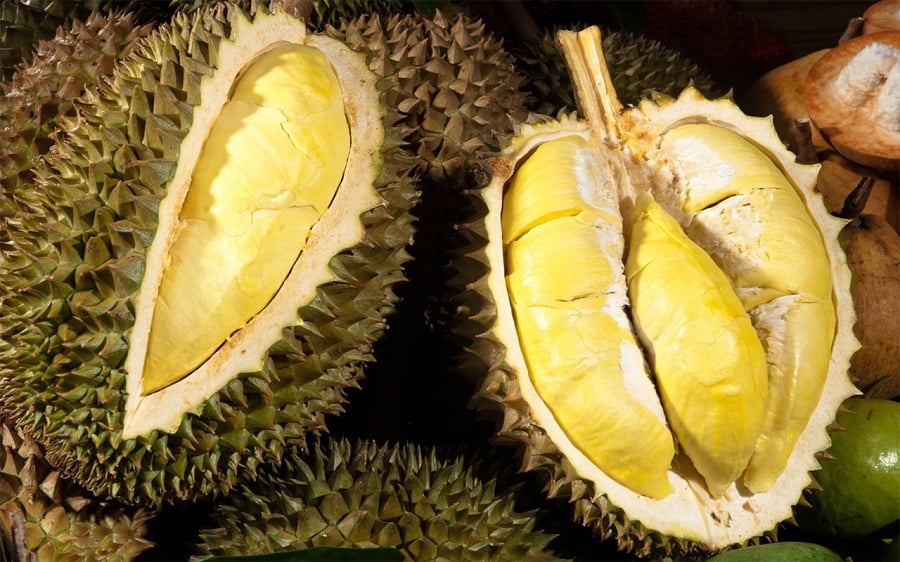It’s no wonder that durian is known as the “king of fruits.” This delicious fruit is packed with nutrients, but it’s not for everyone. Here are five groups of people who should steer clear of durian.
People with diabetes
Durian is naturally high in sugar, containing glucose and fructose, which can cause a rapid spike in blood sugar levels. This can be dangerous for people with diabetes, especially type 2, as it may lead to complications. Additionally, each 100g of durian contains approximately 13-27g of sugar, significantly higher than other fruits. Therefore, it’s best for diabetics to avoid durian. If you can’t resist, limit your intake and monitor your blood sugar closely afterward.
Individuals with high blood pressure or cardiovascular disease
While durian is tasty, it has a heating nature and is high in saturated fat and calories. Excessive consumption can lead to a rapid increase in blood pressure, putting strain on the heart and increasing the risk of heart attacks, strokes, or cerebral apoplexy. Moreover, combining alcohol with durian can be extremely dangerous, increasing the likelihood of these health issues.
As such, individuals with a history of high blood pressure, heart disease, or atherosclerosis should refrain from consuming durian to maintain their health and well-being.

Those with liver and kidney diseases
The liver and kidneys are vital organs responsible for detoxifying and metabolizing nutrients. Individuals with liver or kidney disorders, such as hepatic or renal insufficiency, should avoid durian as its high fat, protein, and sulfur compound content can overload these organs, exacerbating the condition.
It is recommended that people with liver or kidney diseases completely abstain from consuming durian to prevent further complications.
Obese individuals or those on a weight loss journey
Durian is calorically dense, packing around 150 to 180 kcal/100g, along with a significant amount of sugar. Just 200-300g of durian is equivalent to a full meal in terms of calories. Therefore, it is advisable for obese individuals or those aiming to lose weight to steer clear of this fruit.
If you’re on a diet or trying to shed some pounds, it’s best to exclude durian from your menu altogether.
People with skin conditions or prone to heat-related issues
Durian is highly heaty in nature. For individuals with a hot constitution or those prone to skin conditions like hives, itching, stomatitis, or psoriasis, consuming durian can aggravate these issues. Additionally, it’s best for children or individuals prone to mouth ulcers or lesions to avoid this fruit.
In conclusion, while durian is a beloved delicacy for many, it may not suit everyone’s palate or health conditions. If you fall into any of the above categories, it’s best to avoid durian to prevent any adverse effects on your health.



































